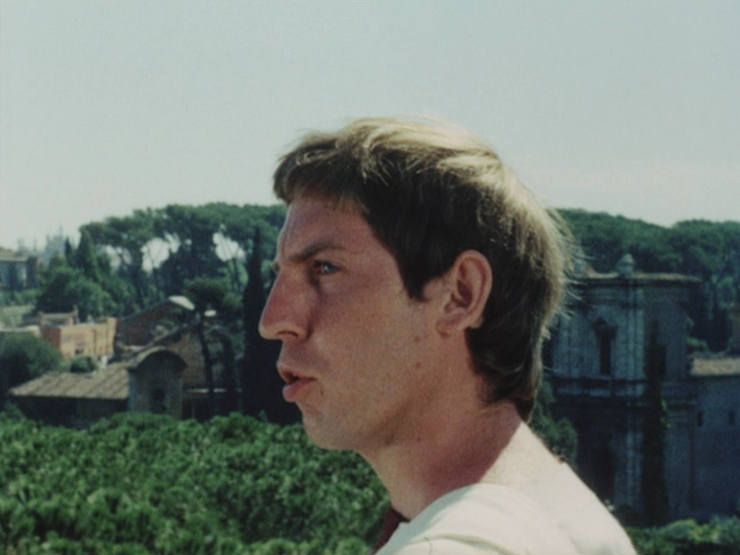Adriano Aprà (1940-2024)

Renowned Italian film critic, historian, filmmaker, actor, book editor, and teacher, Adriano Aprà, passed away last week on April 15th. His intellectual journey began in high school as a “self-taught” scholar after discovering Leo Spitzer’s literary analysis. A few years later, Galvano della Volpe’s Critique of Taste further shaped his passion for criticism. A cinephile from an early age, his early writings focused on films overlooked by established film magazines such as Cinema Nuovo, reflecting his lifelong dedication to “not repeat that which is already solved but to verify collective research in progress.”
By the end of the fifties, he purchased his first issue of Cahiers du cinéma. It impressed him, especially since one of his favorite films, Rossellini’s Viaggio in Italia [Journey to Italy] (1954) – unseeable in Italy at the time – was ranked as the third best film. This was a turning point in his career that made him abandon the Italian “dominant conception [of cinema]” to become a “cahiériste.”
With the help and trust of Pasolini, he edited four books for Garzanti, an important Italian publishing company. This role enabled him to launch a collection centered around cinema, bringing untranslated Russian texts to the forefront. Some were published in Cinema & Film, a film magazine he founded and edited. His work for Garzanti also featured the first world translations of texts by Godard, Metz, and Bazin.
In addition to his criticism, Aprà directed essay-films, which he described as “critofilms,” consisting of several episodes revolving around Italian cinema, aside from Olimpia agli amici (1970), his first fiction film. By the end of the sixties, he began to focus more on filmmaking than writing, allowing him to reflect on cinema and writing in a different way. After a version of his film Rossellini visto da Rossellini (1993), producers asked him “but where is your point of view?,” to which he replied, “in the montage.”
Adriano Aprà was an insatiable cinephile who also ran the important Filmstudio in Rome and was an avid proponent of filmmakers “outside of the norm,” including Iranian cinema, Palestinian resistance films, and works by Philippe Garrel, Chantal Akerman, Stan Brakhage, Andy Warhol, and the New American Cinema of Jonas Mekas and Robert Kramer’s newsreel. He directed significant festivals such as the Mostra Internazionale del Nuovo Cinema in Pesaro and organized memorable retrospectives on Kenji Mizoguchi and Howard Hawks. He also acted in Straub and Huillet’s Othon.
Serge Daney described him as a “passeur,” someone who walked through and embraced all emerging forms of cinema, averse to the connotation and cultural context of the work. A great responsibility he hoped would be taken over by a younger generation. Especially in digital times, where “anyone can make a film” and there’s maybe consequently “less desire to discover.” A few years before his death, he said, “I’m eighty and I’m tired of being the avant-garde. I hope someone younger than me will come along with the same desire to explore.”

